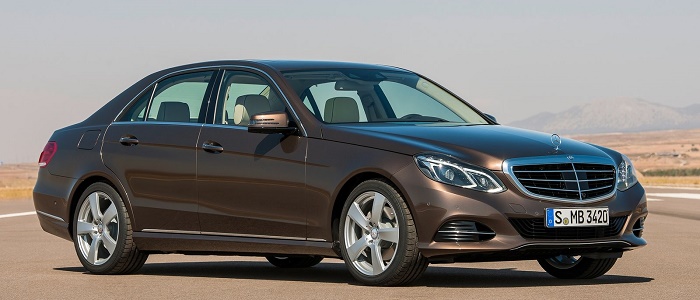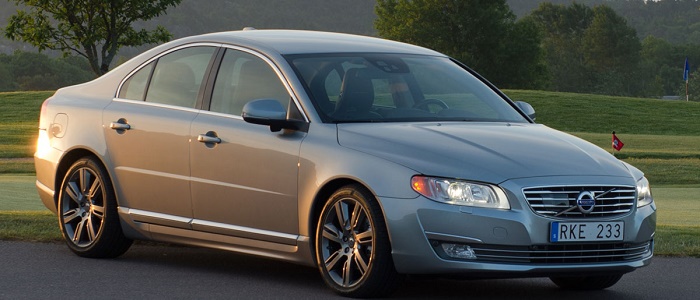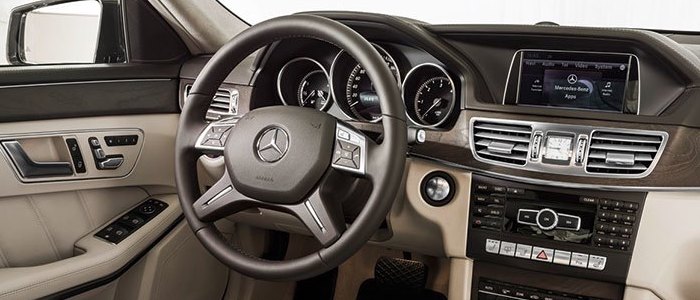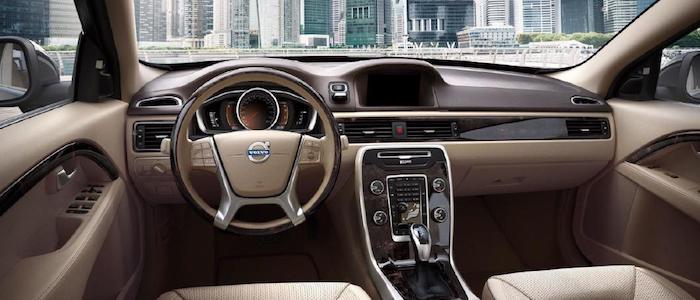Compare two cars
Compare any two cars and get our Virtual Adviser™ opinion
Dimensons & Outlines
Check vehicle history
Engine
2.0 M274 DE20 AL LP
Performance (manual gearbox)
Performance (automatic gearbox)
Expenses
Virtual Adviser's™ opinion
Two significantly similar cars, no doubt about that. Still, each one has something different to offer. Having both cars powered by petrol engines and utilizing the 4-door sedan body style within the same 'Luxury car' segment, the only major difference here really is their wheel drive configuration (rear for the Mercedes Benz and front in the case of the Volvo). The first one has a Mercedes Benz-engineered powertrain under the hood, a 4-cylinder, 16-valves 184hp unit, while the other one gets its power and torque from a 4-cylinder, 16-valves 240hp engine designed by Mazda.
SafetyThe fact that the Mercedes Benz got tested by the European New Car Assessment Programme (Euro NCAP), while the other contender didn't, puts it sky-high safety-wise, in my eyes at least. That aside, let's consider some other aspects which affect safety. Both vehicles belong to the luxury car segment, which is generally a very good thing safety-wise, but that fact doesn't break the tie between the two cars. Furthermore, when it comes to weight, a factor that most people underestimate, the German car offers a marginal difference of 1% more metal.
ReliabilityI don't like generalizing things when it comes to reliability, although it does seem that Volvo does have a slight advantage, when all the models are taken into account. These are the results of an independent reasearch, while our visitors describe reliability of Mercedes Benz with an average rating of 4.3, and models under the Volvo badge with 3.2 out of 5. The same official information place E as average reliability-wise, and S80 is more or less at the same level.We should definitely mention that owners of cars with the same powertrain as the German car rank it on average as 5.0, while the one under the competitor's bonnet gets 3.6 out of 5.
Performance & Fuel economyVolvo is undoubtly more agile, reaching 100km/h in 2 seconds less than its competitor. Still, it lacks the power to win the top speed competition, topping at 230 kilometers per hour, 2km/h less than the other car. When it comes to fuel economy the winner has to be the Swedish car, averaging around 6.2 liters of fuel per 100 kilometers (46 mpg), in combined cycle. We can't ignore that 15% difference compared to the German car.
Verdict
Mercedes Benz appears just a bit more reliable, although the difference is truly marginal. The most important thing when deciding between any two vehicles should always be safety, both passive and active. In my opinion, everything taken into account, the German car beats the other contender by far, making it the best choice without even considering other things. From there things take a different direction, with Volvo offering somewhat better performance, just enough to call it quicker. To make things even better, it consumps less fuel! No mistake, whatever you decide here, but I'd still go for the Mercedes Benz. Anyway, that's the most objective conclusion I could've came up with and it's based solely on the information found on this website. Aspects such as design, practicality, brand value and driving experience are there for you to measure them out. In case you have two minutes to spare I invite you to define your needs, desires and budget and see which car would be chosen by the virtual adviser™, out of 12.000+ vehicles we currently have in our database.
Related articles
Remember when you laid your eyes on your dream car for the first time? Remember when you first brought it home? Now it is time to protect that dream car of yours. You might be a pro at choosing the right car. But are you a pro at deciding the right car insurance too? Perhaps not.
































